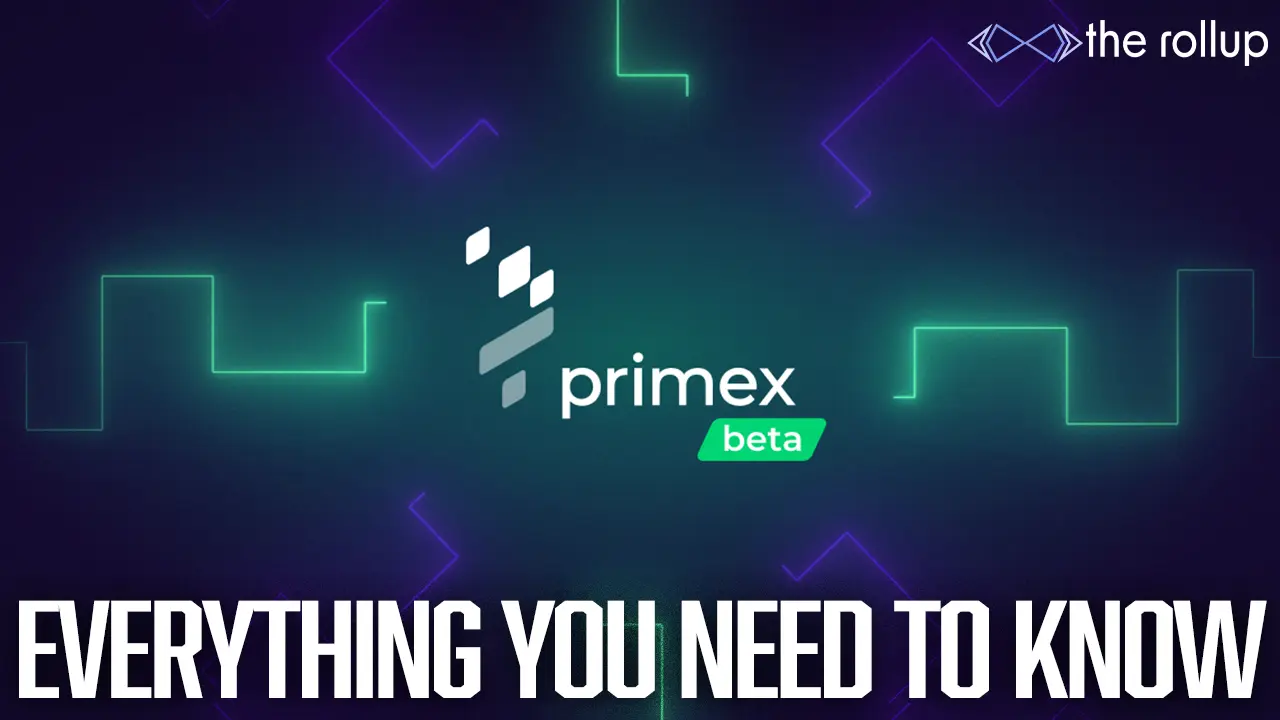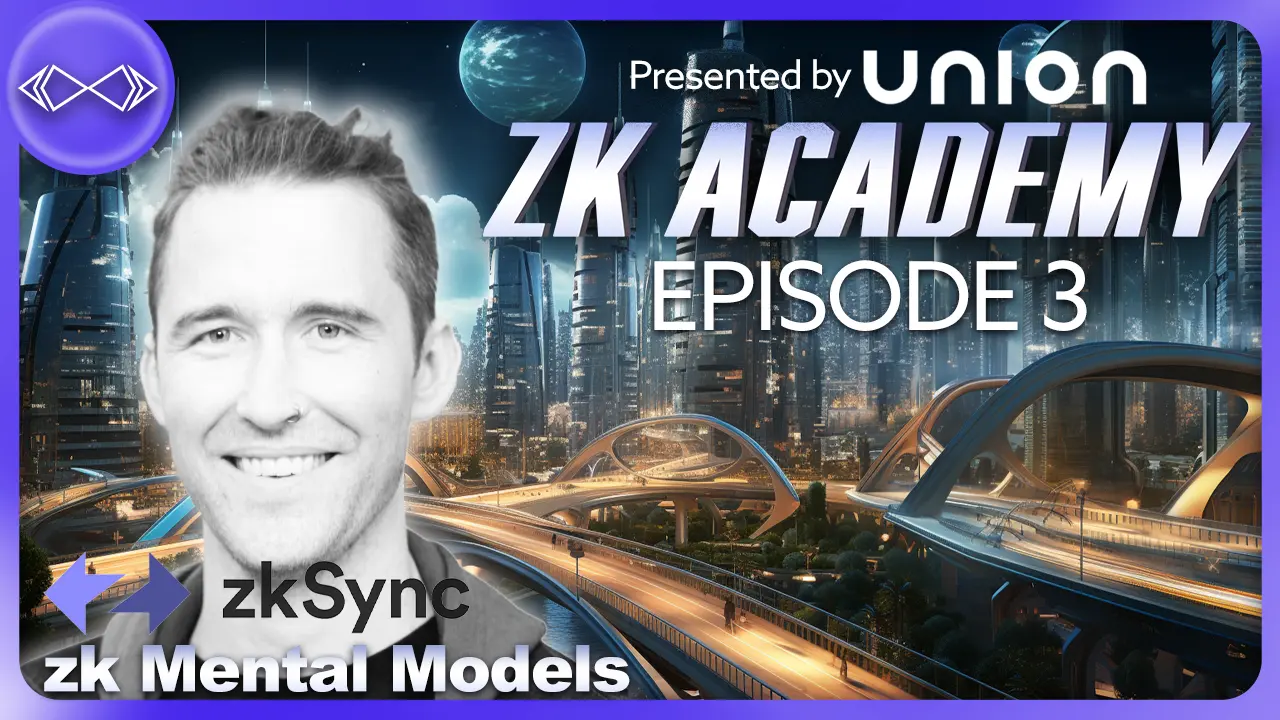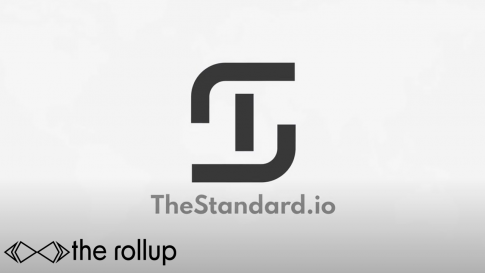Everything you need to know about Ethereum in layman’s terms!
DeFi Slate Family:
Things have been HEATING up lately. #DeFi is the talk of the town on Twitter and across all crypto enthusiasts.
But there’s questions left to be answered…
What is all of this built upon? What makes the sector valuable?
Well.
The short answer is Ethereum.
So, lets explore what Ethereum really is and why its so important to the development of a borderless, permissionless, bankless future.
– Alex S., DeFi Slate Team Member
Table of contents:
Intro
Overview
Decentralized system
Smart contracts
ERC 20 tokens
ETH network (gas, fees, etc.)
dApps
Overview
So you’re new to the world of crypto or you just want a refresher on some of its core pieces of foundation. No problem! With so many moving parts and terms, it’s easy to feel lost at times. That’s why we’re starting a new series of blog posts specifically crafted to tackle some of the crypto basics if you will. Fear no more as we’ll go through some of the basics and deepen your understanding of the crypto world. Without further adieu, we welcome you to part one of DeDi Slate’s Starter Set Series: ‘What is Ethereum?’ (Logo seen below)
Overview
Coming from the source itself , Ethereum is described as a type of technology that allows one to send cryptocurrency to anyone else for a tiny fee. It is also used to power multiple applications that anyone can use but not take down.
So what exactly does this mean? Great question. Let’s dive deeper by taking a look at some of the key features of Ethereum.
Decentralized Systems
Ethereum is a decentralized system, which means that there is no single governing person or entity that is in control of it. An advantage that this type of system has over centralized systems is that decentralized systems aren’t as vulnerable to hacker attempts or single-point failures like centralized systems are. Centralized systems are also known to store a user’s personal information while decentralized systems leave that information secure on the user’s own computer. Another advantage Ethereum’s decentralized system has is that it runs on thousands of volunteer’s computers across the globe and therefore cannot go offline. This means that Ethereum is fully autonomous and free from anyone’s control or influence.
Smart Contracts
Every peer to peer interaction on Ethereum is made possible thanks to volunteers or “nodes” who support the Ethereum system by enforcing the consensus rules of the system in exchange for earning rewards. These consensus rules, along with multiple other features of Ethereum are dictated by smart contracts.
Smart contracts are computer protocols which essentially enforce a transaction or other type of action that is pre-programmed in the terms of the contract. These contracts make it possible to have smooth, secure, and credible transactions without the presence of a third party.
ERC 20 Tokens
Even if you are completely new to cryptocurrency, there is a very high chance you’ve at least heard of Bitcoin. ERC 20 Tokens are similar to Bitcoin in the sense that they both hold value and can be exchanged between parties. It is important to note that in order for ERC 20 tokens to be exchanged, they must follow a set of standards set by the Ethereum community. ERC20 is a technical standard that ERC 20 tokens must meet before they are legitimized. This standard is based off a set of rules and requirements for tokens issued on the Ethereum platform and ensures that these different tokens will be compatible amongst each other.
Another important thing to take note of is that ERC 20 Tokens can solely be used on the Ethereum platform. Think of them like buying and using tokens at a casino, with this particular casino being the Ethereum blockchain.
ETH Network Gas & Fees
With just how promising Ethereum sounds so far, you might be wondering what the catch is if there is one at all. As you probably guessed, there are going to be some expenses that come with using the ETH network. But fear not, they aren’t too bad and are generally easily understood.
For every kind of action that is performed on the ETH network, there is an attributed cost to go alongside it. This cost is referred to as “gas” and is pretty much the fuel that the Ethereum network runs off of. You can think of it as a sort of transaction fee and can be calculated by adding up the value of each instruction performed in a transaction.
In order for a user to be able to pay the gas, the gas amount must be expressed in Ether (the standard cryptocurrency used in Ethereum if you will). This price of gas is not fixed and so it has to be agreed upon by the parties involved in a transaction– typically through virtual auctions.
So before any action or instruction gets sent out to be executed on the Ethereum network, a “gas limit” needs to be specified. This limit indicates the highest amount that someone will be willing to pay for their specific actions to be processed on the network. Again, there is no fixed cost for this, and so sellers and buyers will need to decide what amount of gas they are comfortable with in any execution performed.
dApps
Ethereum allows applications to be built on its network. These are known as dApps and can perform tasks which regular apps do not.
They are able to:
Create new types of money or digital assets
Performed uninterruptedly without the risk of being censored or stopped
Create decentralized organizations, property, or communities that are collectively governed
These dApps are backed by Ethereum smart contracts in the case that they rely on the blockchain for any program logic and storage.
Some popular dApps are:
Gods Unchained- a digital card game
Dharma- an application that assists users with earning interest on cryptocurrency
Cent- a social network allowing users to earn money by simply making posts
Gitcoin- a network consisting of open-source developers
From this list it is easy to see just how much variability dApps can have from one another.
Conclusion
With all of that being said, we hope that you now have a better understanding of some of the basics of cryptocurrency. Ethereum is a great decentralized platform that is less vulnerable to hacks when compared to centralized platforms, and it also keeps its users’ information secure. Smart contracts are a quick and simple way to make exchanges without dispute and without the headache of involving a third party. The introduction of ERC 20 tokens makes it possible for different types of “currencies” to be exchanged between parties, and the amount of gas used up in every action in a transaction is agreed upon by all parties involved. This, plus the utilization of different dApps with widely different capabilities makes Ethereum a platform worth trying out.
There is a lot of exciting stuff surrounding Ethereum, and we can’t wait to see what the future holds!
DISCLAIMER: Investing into cryptocurrency and DeFi platforms comes with inherent risk including technical risk, human error, platform failure and more. Please refer to our blog for more on mitigating your downside when using these protocols!
Subscribe to the DeFi Slate Newsletter & join dozens of crypto enthusiasts
????Check Us Out On Twitter: https://www.twitter.com/defislate
????Podcast: https://defislate.substack.com/p/defi-by-design-ep-1-introductions
Sources:
What is Ethereum https://ethereum.org/en/what-is-ethereum/
Ethereum basics https://cointelegraph.com/ethereum-for-beginners/what-is-ethereum
Smart contracts https://blockgeeks.com/guides/smart-contracts/
ERC 20 token https://support.blockchain.com/hc/en-us/articles/360027491872-What-is-an-ERC20-token-
ERC 20 token part 2 https://blockgeeks.com/guides/erc20-tokens/
ERC 20 standard https://www.finder.com/erc20-tokens
Gas and Fees https://cryptobriefing.com/understanding-ethereums-gas-transaction-fees/






